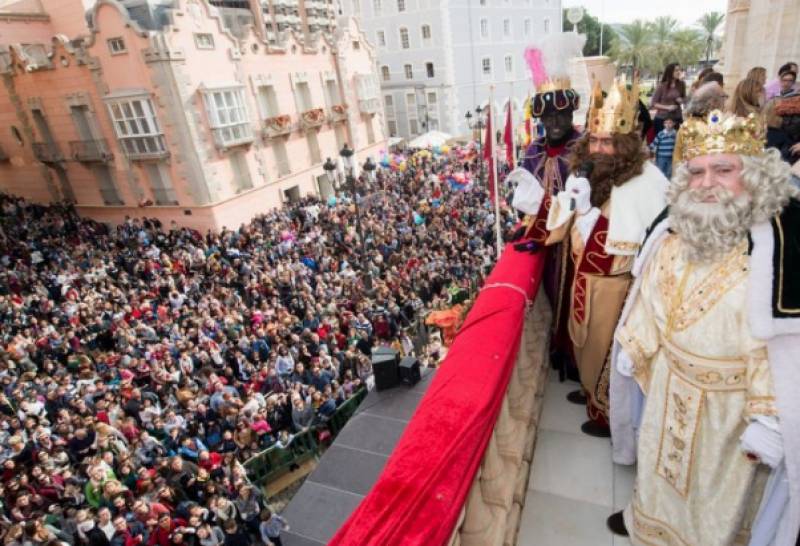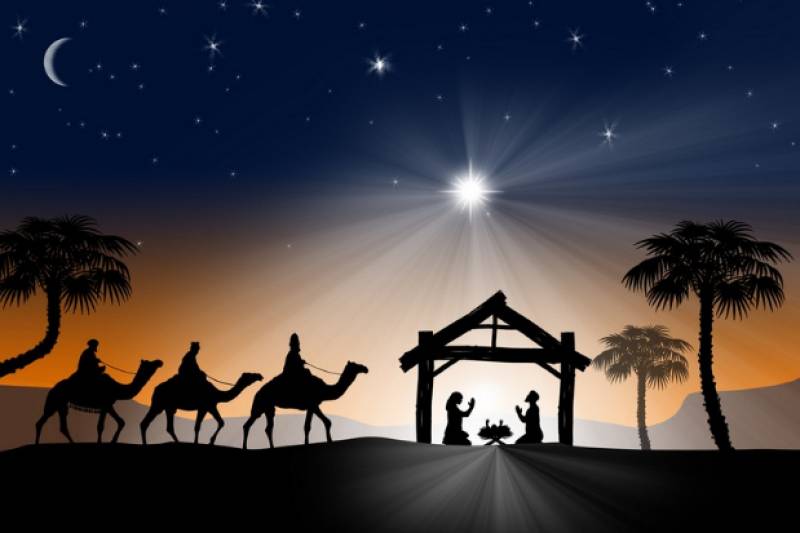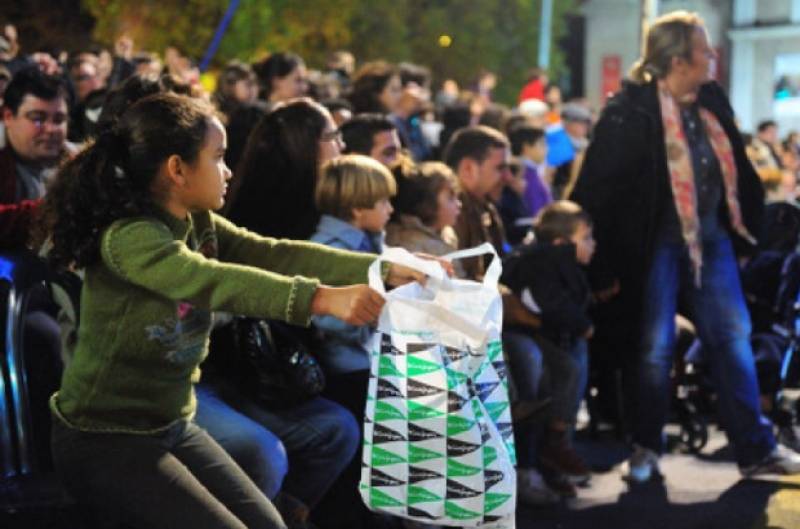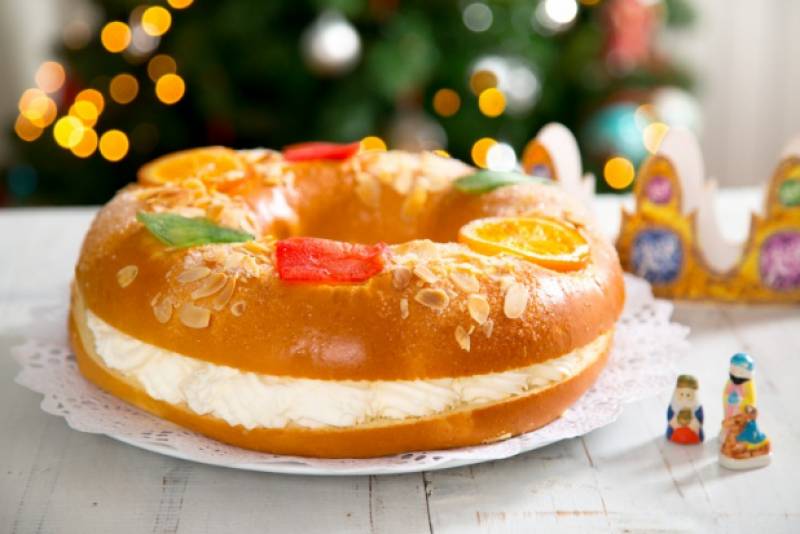- Region
- Águilas
- Alhama de Murcia
- Jumilla
- Lorca
- Los Alcázares
- Mazarrón
- San Javier
-
ALL AREAS & TOWNS
- AREAS
- SOUTH WEST
- MAR MENOR
- MURCIA CITY & CENTRAL
- NORTH & NORTH WEST
- TOWNS
- Abanilla
- Abarán
- Aguilas
- Alamillo
- Alcantarilla
- Aledo
- Alhama de Murcia
- Archena
- Balsicas
- Blanca
- Bolnuevo
- Bullas
- Cañadas del Romero
- Cabo de Palos
- Calasparra
- Camping Bolnuevo
- Campo De Ricote
- Camposol
- Canada De La Lena
- Caravaca de la Cruz
- Cartagena
- Cehegin
- Ceuti
- Cieza
- Condado de Alhama
- Corvera
- Costa Cálida
- Cuevas De Almanzora
- Cuevas de Reyllo
- El Carmoli
- El Mojon
- El Molino (Puerto Lumbreras)
- El Pareton / Cantareros
- El Raso
- El Valle Golf Resort
- Fortuna
- Fuente Alamo
- Hacienda del Alamo Golf Resort
- Hacienda Riquelme Golf Resort
- Isla Plana
- Islas Menores & Mar de Cristal
- Jumilla
- La Azohia
- La Charca
- La Manga Club
- La Manga del Mar Menor
- La Pinilla
- La Puebla
- La Torre
- La Torre Golf Resort
- La Unión
- Las Palas
- Las Ramblas
- Las Ramblas Golf
- Las Torres de Cotillas
- Leiva
- Librilla
- Lo Pagan
- Lo Santiago
- Lorca
- Lorquí
- Los Alcázares
- Los Balcones
- Los Belones
- Los Canovas
- Los Nietos
- Los Perez (Tallante)
- Los Urrutias
- Los Ventorrillos
- Mar De Cristal
- Mar Menor
- Mar Menor Golf Resort
- Mazarrón
- Mazarrón Country Club
- Molina de Segura
- Moratalla
- Mula
- Murcia City
- Murcia Property
- Pareton
- Peraleja Golf Resort
- Perin
- Pilar de la Horadada
- Pinar de Campoverde
- Pinoso
- Playa Honda
- Playa Honda / Playa Paraíso
- Pliego
- Portmán
- Pozo Estrecho
- Puerto de Mazarrón
- Puerto Lumbreras
- Puntas De Calnegre
- Region of Murcia
- Ricote
- Roda
- Roldan
- Roldan and Lo Ferro
- San Javier
- San Pedro del Pinatar
- Santiago de la Ribera
- Sierra Espuña
- Sucina
- Tallante
- Terrazas de la Torre Golf Resort
- Torre Pacheco
- Totana
- What's On Weekly Bulletin
- Yecla


- EDITIONS:
 Spanish News Today
Spanish News Today
 Alicante Today
Alicante Today
 Andalucia Today
Andalucia Today
article_detail
The Three Kings: Why Spain celebrates a second Christmas with the Reyes Magos on January 6
Parades, presents and feasts: The Three Kings festival is one of the biggest celebrations of the year in Spain

Even after Christmas Day, Boxing Day and New Year are all out of the way, the festive season in Spain is far from over. On January 5 and 6 the country celebrates the Three Kings Festival, or ‘Día de los Reyes Magos’ in Spanish – a two-day extravaganza featuring spectacular street parades, traditional food, lots of family time and, most importantly, plenty of presents and treats for the kiddies.
El Día de los Reyes Magos is better known as the feast of Epiphany in English and is treated like Christmas Day in Spain. Celebrated on January 6, Santa doesn’t take centre stage here but rather, the Three Kings shower gifts on youngsters. The night before, January 5, is marked by an elaborate parade when the Three Wise Men grace the streets of Spain on floats, throwing sweets to the awed children as they pass.
The origin of Three Kings

According to Christian tradition, Three Wise Men (los Reyes Magos in Spanish, which translates directly to the Three Kings) travelled to Bethlehem to present gifts to the newborn baby Jesus. Melchior, Gaspar and Balthazar brought gold, frankincense and myrrh to the saviour rather than revealing his whereabouts to the ruling King Herod, spawning another unusual Spanish celebration, Día de los Santos Innocentes.
Since the Middle Ages, January 5 and 6 have symbolically represented the birth of Jesus and while Christmas Day on December 25 is being adopted by more and more families in Spain, the time-honoured tradition of the Three Kings delivering presents to the children on the 6th remains.
Cabalgata de los Reyes Magos: January 5
 At dusk on January 5, thousands of people take to the streets to watch the most important parade (cabalgata) of the year to catch a glimpse of the kings who will be delivering presents later that night. The lights, floats and costumes are a sight to behold and if you see people propping upside-down umbrellas, don’t be alarmed: this is a trick used to catch as much flying candy as possible.
At dusk on January 5, thousands of people take to the streets to watch the most important parade (cabalgata) of the year to catch a glimpse of the kings who will be delivering presents later that night. The lights, floats and costumes are a sight to behold and if you see people propping upside-down umbrellas, don’t be alarmed: this is a trick used to catch as much flying candy as possible.Just as youngsters in other countries leave out milk, cookies and carrots for Santa and his reindeer on Christmas Eve, in Spain children set out sweet treats for the Reyes Magos and dried grass or hay for their camels on January 5. Following the spectacular street parades, kiddies are sent to bed early in anticipation of the Three Kings delivering their gifts that night.
Día de los Reyes: January 6
On January 6, children in Spain wake up to find their presents – if they’ve been good, that is. Just like Father Christmas, those who have been naughty during the year will receive a lump of coal.
Once the gifts have been opened, Three Kings Day is a time for family, and usually a huge lunch is prepared for everyone to enjoy together. The meals usually consists of several courses and is topped off by the crowing jewel of desserts, the Roscón de Reyes.
 The roscón is a ring-shaped sweet bread cake topped with dried fruit to symbolise the crowns of the Kings. It’s usually filled with cream and a couple of other surprises: a dried fava bean and a tiny figurine of the baby Jesus or one of the kings.
The roscón is a ring-shaped sweet bread cake topped with dried fruit to symbolise the crowns of the Kings. It’s usually filled with cream and a couple of other surprises: a dried fava bean and a tiny figurine of the baby Jesus or one of the kings.According to tradition, whoever finds the figure is declared king or queen of the feast but the person who gets stuck with the unlucky bean will have to buy the roscón the following year.
Today, many families tuck into the iconic cake after the Three Kings parade on January 5, and some lucky children who’ve been especially good even get to enjoy it for breakfast on the 6th.
Is Three Kings a holiday in Spain?
It’s usually business as usual on January 5 barring any regional exceptions, just like Christmas Eve, but January 6 is a national holiday all across Spain. Supermarkets and businesses up and down the country will close as people spend the Epiphany holiday with their families.
Images: Archive
Loading
Sign up for the Spanish News Today Editors Roundup Weekly Bulletin and get an email with all the week’s news straight to your inbox
Special offer: Subscribe now for 25% off (36.95 euros for 48 Bulletins)
OR
you can sign up to our FREE weekly roundup!
Read some of our recent bulletins:
Discount Special Offer subscription:
36.95€ for 48 Editor’s Weekly News Roundup bulletins!
Please CLICK THE BUTTON to subscribe.
(List price 3 months 12 Bulletins)
Read more stories from around Spain:
Contact Spanish News Today: Editorial 966 260 896 /
Office 968 018 268


















